Venezuelans will vote Sunday in a referendum to decide whether the country should create its own state within a large swath of its oil-rich neighbor Guyana – a move that has been denounced by Guyana as a step towards annexation and raised concerns of a possible military conflict between the two South American nations.
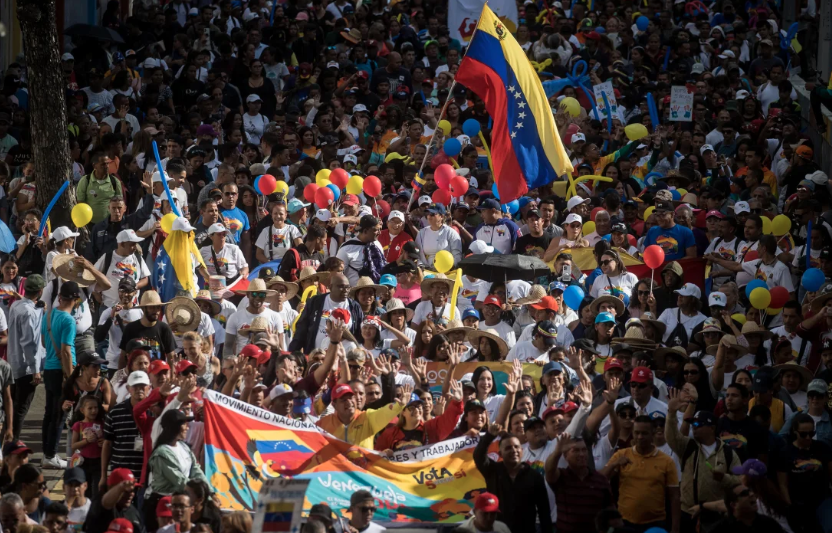
The area in question, the densely forested Essequibo region, amounts to about two-thirds of Guyana’s national territory and is roughly the size of Florida. Venezuela has long claimed the land, which it argues was within its borders during the Spanish colonial period. It dismisses an 1899 ruling by international arbitrators that set the current boundaries when Guyana was still a British colony. The recent discovery of vast offshore oil fields in the region has heightened the stakes of the dispute.
In campaign rallies and a stream of patriotic social media posts, Venezuelan President Nicolas Maduro has cast the referendum in anti-imperialist sentiment, arguing that Venezuela’s historic rights to the region have been unfairly rejected.
Guyana has said the threat of annexation is “existential.”
Among the questions posed to voters on Sunday: do you agree with creating a new state in the Essequibo region, providing its population with Venezuelan citizenship, and “incorporating that state into the map of Venezuelan territory?”
The practical implications of the vote – widely expected to go in favor of the government’s position – however, are minimal, analysts say, with the creation of a Venezuelan state within the Essequibo a remote possibility. It’s unclear what steps the Venezuelan government would take to follow through on the result, and any attempt to assert a claim would certainly be met with international resistance.
Still, the escalating rhetoric has prompted troop movements in the region and saber-rattling in both countries, drawing comparisons from Guyanese leaders to the Russian invasion of Ukraine. Many residents in the predominantly indigenous region are reportedly on edge.
“The longstanding row over the border between Guyana and Venezuela has risen to a level of unprecedented tension in the relations between our countries,” Guyanese Foreign Minister Robert Persaud wrote Wednesday in Americas Quarterly.
The International Court of Justice, based in The Hague, ruled on Friday that “Venezuela shall refrain from taking any action which would modify the situation that currently prevails in the territory in dispute” after a request to halt the vote from Guyana, which argued annexation would be unlawful. But officials in Venezuela have said the referendum will take place regardless of the court’s decision.
The international court has been reviewing the territorial dispute since 2018 and will hold a trial in the spring, following decades of failed negotiations between the two countries through the UN. Guyana says the court is the correct venue for resolving the dispute, while Venezuela doesn’t recognize the court’s jurisdiction on the issue.


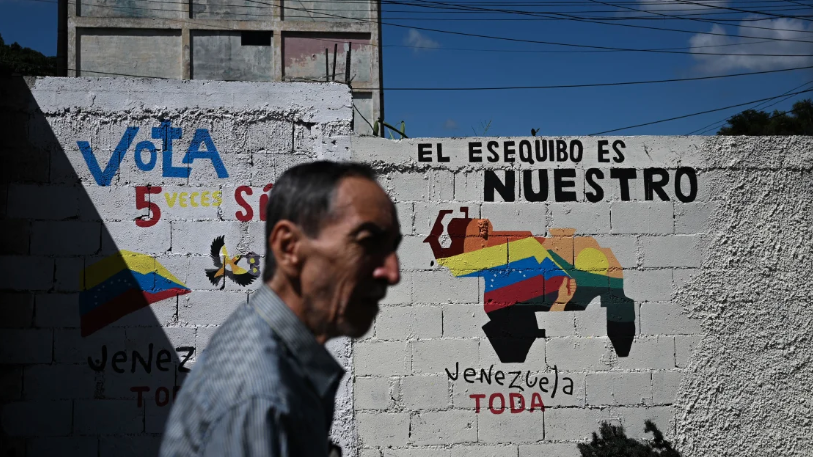

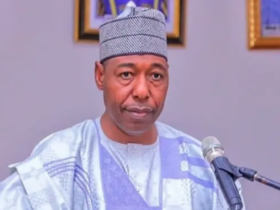
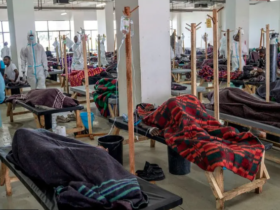




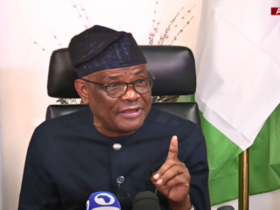
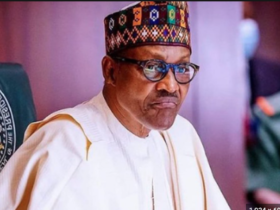
Leave a Reply